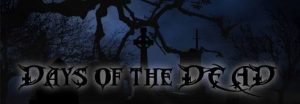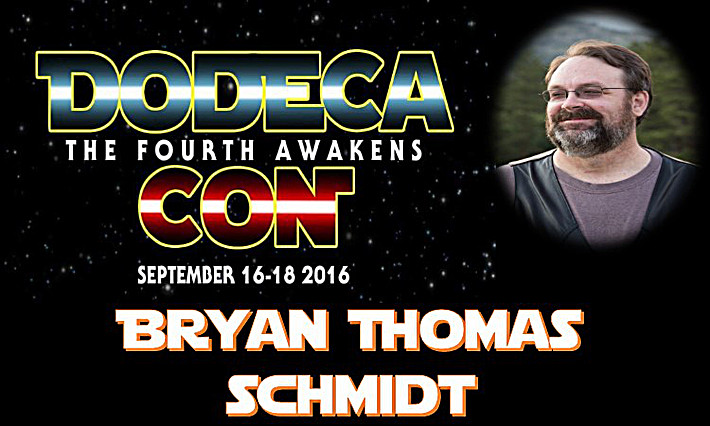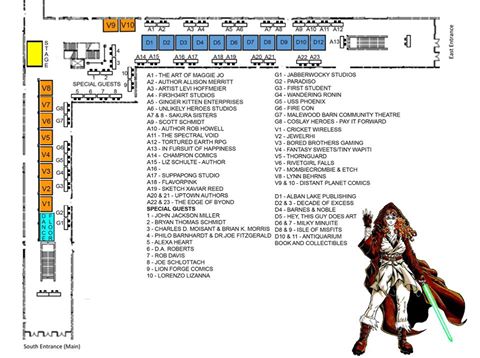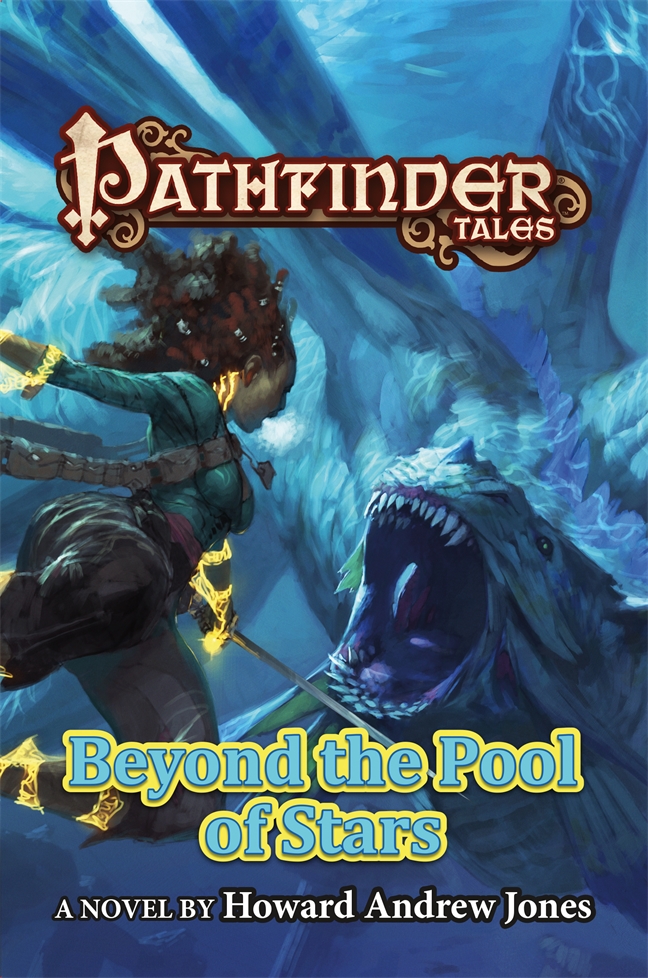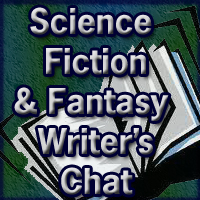The novel Shortcut is finished in first draft and we are negotiating the film rights contract now. This could take a while I am told by knowledgeable industry friends. In the meantime, I will be working on a new screenplay from an old idea called The Art Teacher so I will fill you all in when I can. Meanwhile, have a Happy 2019. I hope 2018 was a good one for you all!
Tag: Writing
New Project Commencing
I am currently launching a new novel in association with Hunt Lowry, a film producer who produced A Time To Kill, Donnie Darko, and is currently developing Grisham’s next movie adaptation, The Testament. It will be all consuming so I will likely not have much head space for the blog for a few months. But stay tuned. Will post some updates from time to time on my Facebook and Twitter.
Novel Writing Boot Camp Starring Me
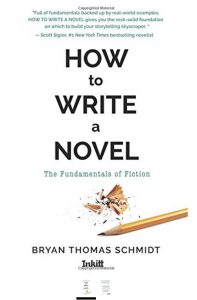 Some of you know that in late 2017 and early 2o18, in association with Inkitt, a new young publisher that is still finding its way, I wrote and hosted a series of novel writing videos which were short versions of material I later wrote in How To Write A Novel: The Fundamentals of Fiction, my first nonfiction book which was published by Inkitt this Fall. Well, the videos—there are 10 of them—are now live and you can watch them for free. They are slickly produced and I am proud of them. They also tease material I develop more fully in How To Write A Novel, so you can check that out too here.
Some of you know that in late 2017 and early 2o18, in association with Inkitt, a new young publisher that is still finding its way, I wrote and hosted a series of novel writing videos which were short versions of material I later wrote in How To Write A Novel: The Fundamentals of Fiction, my first nonfiction book which was published by Inkitt this Fall. Well, the videos—there are 10 of them—are now live and you can watch them for free. They are slickly produced and I am proud of them. They also tease material I develop more fully in How To Write A Novel, so you can check that out too here.
Here is the link to Inkitt’s Novel Writing Boot Camp.
Guest Post: Which Comes First—Character or World?
by Gail Z. Martin
Ask three writers how they do their worldbuilding, and you’ll get four opinions. Maybe more, if our characters get to give their own answers.
That is to say, there’s no wrong way to worldbuild as long as the final product ends up satisfactory to readers. The trick is to come up with an approach that works for you, that creates a realistically detailed and nuanced setting, and—most importantly–seamlessly and believably supports your plot and characters.
How detailed should your worldbuilding be? That reminds me of the old joke about how long a man’s legs should be—long enough to reach the ground. You want your world to have age and depth and weight to it. It should feel like it’s been thoroughly lived in and hard used, not like one of those false-front fake Wild West villages at amusement parks. Your characters and plot should feel as if they rise organically from your world, as if they couldn’t possibly happen anywhere else or be the same in any other setting.
If you’ve ever traveled somewhere unfamiliar, whether it’s across the state or across the world, it’s the little things that made you aware that you were someplace far from home. The menu choices were unfamiliar. The brands of soda were different. The money looked odd and came in strange colors and sizes. People went about their daily routines a bit differently than back home. Signs are not what you’re used to seeing. All those little details aren’t important by themselves, but collectively they are the stuff of authenticity, and to the extent that you have thoroughly thought these things out, your readers will have a richer, more immersive experience.
I believe that immersion was part of the genius of the Harry Potter books. In a million different little details, J.K. Rowling signaled that we weren’t in our own mundane world but someplace wondrous and frighteningly different. The best books give us enough of these nuanced details that we don’t feel infodumped or overwhelmed but we do grasp that we’ve been whisked away to somewhere new.
As for which comes first, character or world, that’s like the chicken/egg dilemma. If you think hard about the circumstances and experiences that shaped your character, you’ll know a lot about the world he/she came from. And if you build out your world convincingly, you’ll know what kinds of characters arise from its climate, history, culture and society. Start wherever you please; you’ll end up in the same place.
How do you drill down to those details? Some writers like to ‘interview’ their characters, sitting down and having a mental chat with their creations who proceed to spill their guts. I’ve used that successfully. Sometimes, either the world or the character just comes to you full-blown, and you have to figure out the rest around the edges. I’ve also built series that way as well. For me, I want my world to be a character in its own way. For example, in my Deadly Curiosities urban fantasy series, things happen that are quintessentially Charleston, SC so that if the action were to happen somewhere else, it would have to be different. The city of Charleston is woven into the fabric of the story in a way that can’t be undone.
If you’re still struggling with worldbuilding, think about the places you’ve been (or go on a day trip somewhere new) and note the details. Jot them down and pay attention to everything you notice that differs from back home. Now think about how you might pull that kind of nuance into your fictional worldbuilding. It could be easier than you think!
My Days of the Dead blog tour runs through October 31 with brand new excerpts from upcoming books and recent short stories, interviews, guest blog posts, giveaways and more! Plus, I’ll be including extra excerpt links for my stories and for books by author friends of mine. You’ve got to visit the participating sites to get the goodies, just like Trick or Treat! Get all the details about my Days of the Dead blog tour here: http://bit.ly/2eC2pxP
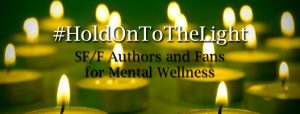


Book swag is the new Trick-or-Treat! All of my guest blog posts have links to free excerpts—grab them all!
Trick Or Treat with an excerpt from my Deadly Curiosities Adventures short story Buttons http://bit.ly/1v5t9Zf
A free excerpt from my Deadly Curiosities Adventures short story Coffin Box Deadly Curiosities short story http://bit.ly/SDCIjx
Trick Or Treat w excerpt from The Big Bad II anthology http://www.darkoakpress.com/bigbad2.html
Use your free Audible trial to get my books! Ice Forged Audible https://amzn.com/B00EP1C1HK
Trick Or Treat excerpt from Espec Books https://especbooks.wordpress.com/2016/07/18/winner-war-machines/
Try a free excerpt from my m Reign of Ash http://bit.ly/1oCEa5j
About the Author



Gail Z. Martin is the author of Vendetta: A Deadly Curiosities Novel in her urban fantasy series set in Charleston, SC (Solaris Books); Shadow and Flame the fourth and final book in the Ascendant Kingdoms Saga (Orbit Books); The Shadowed Path (Solaris Books) and Iron and Blood a new Steampunk series (Solaris Books) co-authored with Larry N. Martin. A brand new epic fantasy series debuts from Solaris Books in 2017.
DoDecaCon Schedule, September 16-18, Columbia, MO
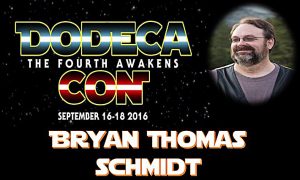


Here’s the layout of booths. I will be at Special Guests Table 2. (click to enlarge)
My panel schedule is Saturday only, with the following two panels:
2:00 PM Special Guest Q&A with Bryan Thomas Schmidt, John Jackson Miller and D.A. Roberts-Main Stage
3:00 PM Writing in an Established Universe with John Jackson Miller-Panel Room A
Barnes and Noble, Columbia, will be selling my books and I will sell others at my table. To help me out, please buy my Baen books from B&N then come have me sign or personalize. I will likely do signing times each day at B&N as well (TBD). The rest of my books will be on sale at my own table, Special Guest Table 2.
Look forward to seeing you!
Bryan
Forthcoming Works & WIP Release Schedule 2016-2017
As I revise this site and get back to blogging and regular updates (soon, I hope), I thought I could start by updating you on my various forthcoming projects and works in progress and their release dates (as I know them).
So here they are. As you can see, 2017 will be my busiest year ever as not only editor but author, too.
Forthcoming works 2016:
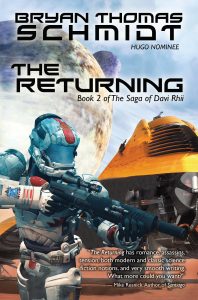


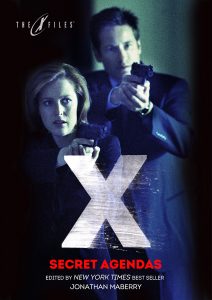


Forthcoming in 2017:











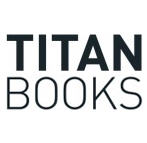


INFINITE STARS: A Definitive Space Opera Anthology (Titan Books), November 2017
THE EXODUS (Saga of Davi Rhii Book 3) (WordFire Press), TBD
“The Greatest Guns In The Galaxy” by myself and Ken Scholes in STRAIGHT OUTTA TOMBSTONE, edited by David Boop, (Baen Books), TBD
Schedule: 2015 Longview Literary Festival, Metropolitan Community College
This year, Claire Ashgrove, my Finish The Story editing partner and I are guest speakers at the Longview Literary Festival in Lee’s Summit. Here’s our schedule for the day, which is Friday, October 23, 2015.
| TIME | CAC 114 – READINGS | CAC 116 | CAC 118 | BLACK BOX THEATER |
| 10:00 a.m. | Editing 101: A Workshop by Claire Ashgrove and Bryan Thomas Schmidt | |||
| 11:00 a.m. | Panel Discussion: Working with Small Press: D.L. Rogers, Sean Demory, Marshall Edwards, Bryan Thomas Schmidt | |||
| 12:00 p.m. | Closed for Keynote Speaker | Closed for Keynote Speaker | Closed for Keynote Speaker | Keynote Speaker – Claire Ashgrove –Writing Contest Winners Announced |
| 1:00 p.m. | Closed for Featured Speaker | Closed for Featured Speaker | Featured Speaker – Bryan Thomas Schmidt | |
| 2:00 – 4:00 p.m. | Bryan and Claire at Vendor Table | |||
| 4:00 p.m. | Panel Discussion: Editors are NOT the Enemy: Claire Ashgrove, Bryan Thomas Schmidt, Sara Lundberg | |||
|
5:00 p.m. |
Bryan and Claire at Vendor Table | |||
| 6:00 p.m. | Closed | Closed | Closed | Closing Remarks – Announcement of Winners of Contests Occurring at The Festival |
GUEST POST: Howard Andrew Jones on How I Write
Today, my friend, Howard Andrew Jones, one of my favorite writers, shares with us about his writing process. His latest Pathfinder Tales novel, Beyong The Pool of Stars, is out now from TOR and Paizo. But I’ve enjoyed his previous Pathfinder and original novels very much as well. Check them out and enjoy his wise words.
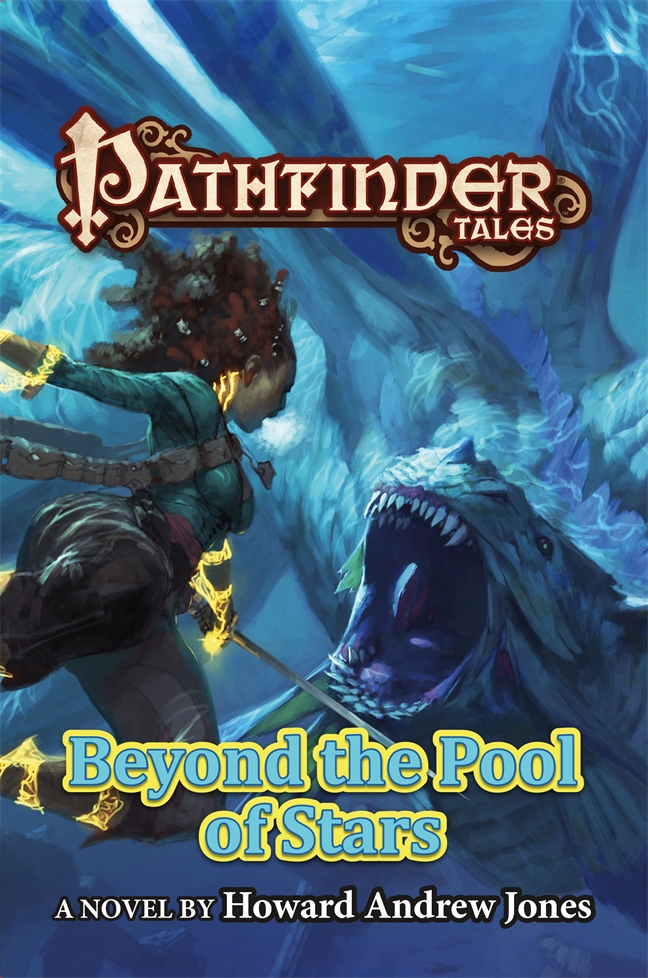


I suppose I still live in hope that I’ll produce 5k or more of workable prose every day like some of my friends do. And it happens for me, sometimes. More often, though, I’m a 2k to 3k guy. And I’ve decided that might just be the way it works for me, so more and more I’m trying to make sure that the 2 or 3 thousand words I produce are useful ones.
Bit by bit, tweak by tweak, I’ve come to my current method, and it’s served me well for Beyond the Pool of Stars as well as for the book that immediately preceded it and the two books currently on my hard drive. I’ll detail it for you in the hopes you’ll find it useful.
First, three steps I have to take once I have the germ of the novel’s idea:
- It probably goes without saying that you have to know your characters. Develop principal characters – and keep that number small – that fascinate you. If you don’t find them interesting no one else will.
- Find out what their goals are, then find a way to keep them away in an entertaining way.
- Know your villain and what she wants. And make her interesting as well, or you’ll be just as bored as your readers whenever your characters interact with her.
Once I have those pieces I set to work on the outline. I block it out loosely, imagining important scenes. I try to take my characters to fascinating places. Why not create backdrops of wonder with a few lines of description it would take a film company millions to create?
Once I have a basic feel for beginning, middle, and end, I get to plotting chapter by chapter and scene by scene, and my current favorite trick is to block it out like a play.
I write entire scenes with just dialogue and occasional stage direction. It might be that I can perfectly picture the tone of voice or even a moment of description, and if I do, I go ahead and drop it in even during this rough “stage draft.” There aren’t any hard and fast rules for what I can or can’t do at any stage, after all, and if I picture something I really like I try to get it down, even if it’s just a few quick notes.
Once I get the scene working I can either move on to the next section, or punch away at it, getting the dialogue just right. If the scene’s working properly then the more I work on dialogue, the better I can picture it… and the more solid the scene or chapter becomes as I polish. I add detail as I work until that dialogue is surrounded by useful prose and the stage descriptions of what characters are doing transforms into fluid actions.
A stage draft enables me to experiment with the dialogue and flow without investing a whole lot of energy into finessing metaphor and getting into a character’s internal thoughts. If something doesn’t work and the scene goes off the rails, I haven’t wasted hours polishing fool’s gold. And believe me, I’ve done that before.
Neither this method nor any other can work for every writer. If a method worked perfectly for everyone, there wouldn’t be so many writer self-help books out there.
I think it’s been successful for me because I’ve always found that dialogue comes easily. You should always be aware of your weaknesses and work to overcome them. But during the initial composition stages, whatever methods you, try to play to your strengths.
Howard Andrew Jones is the critically acclaimed author of The Desert of Souls, The Bones of the Old Ones, and Pathfinder novels Plague of Shadows, Stalking the Beast and the hot off the presses Beyond the Pool of Stars. A former Black Gate Editor, he also assembled and edited 8 collections 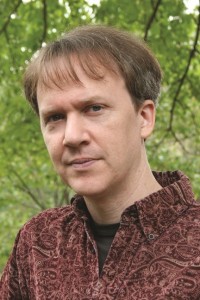


For Immediate Release – SFFWRTCHT on Twitter Will End in 2014
Update: SFFWRTCHT has always been a celebration of community: what unites us, not divides us. Although I can’t keep up with the weekly grind any more, given other obligations, we will continue with twice monthly chats beginning in early 2015 after a brief hiatus. More details to come.
160 shows, 165 guests, hundreds of thousands of hits–when I started SFFWRTCHT (Science Fiction and Fantasy Writer’s Chat), I did it for two reasons: 1) I wanted to network and learn from so many awesome writers and editors who were using twitter, and 2) I wanted to contribute to my new SFF community and family in a positive way. I never expected how successful it would become, not how time consuming it would be. But I don’t regret a minute.
However, after a lot of soul searching, I have decided the time has come to end the weekly live twitter chat that is SFFWRTCHT. Much of this is selfish, I admit. I spend 25 hours a week, including reading time, question and guest prep, booking guests and more per episode. And as I get busier professionally, that is coming to feel more like a chore than the delight it once was. It’s hard to find time to read for fun or to research for my own projects. I am locked to home or at least a place with good Wifi every Wednesday night. And trying to keep it fresh requires me to search for guests who are new, not just repeats, so that I am not asking the same stuff of the same people over and over. In the beginning, with my being out of work with plenty of free time, this was easy. And the industry embraced it which made booking guests easy. But as I’ve burned through the most active Twitter users, and become an almost full time editing professional, it’s more and more work to find time for SFFWRTCHT, a volunteer effort, which, while rewarding in its own way, requires a serious time commitment to do right.
When our original host site for the cleaned up interviews shut down for similar reasons to my own expressed here, SFSignal welcomed us. But I also find myself competing with their interviews with the same people, and that makes my interviews less useful and relevant, and less helpful as promotional tools for our guests. I don’t think repeating what someone else is doing is a compelling use of my time or our guests.I’ve toyed with recruiting help. But even my regulars, who are delightful and whom I adore, have their own lives and no one has jumped up to volunteer. I toyed with cutting back some, but then how would people know when to look for us or where?
So, in the end, it seems best to back off the weekly grind of live interviews and instead convert to regular email interviews. Whether this will be weekly or monthly, I don’t know. Where they will appear, I don’t know. But I have several month’s worth of past transcripts I can start with cleaning up and posting, and as I plan to continue to December in present format, I’ll have even more by then to give me time to sort all of this out.
In the meantime, I express my thanks for the kind support and regards of the Science Fiction, Fantasy and Horror writing and publishing industry and fandom. It’s a pleasure being a part of the family and I appreciate the opportunity to contribute positively to community building. I hope to do so in the future in new ways. I know many books have been purchased and many writers encouraged and even taught through SFFWRTCHT. I’m humbled an honored by that.
In the meantime, you can still find transcripts, links, reviews, etc. on our website, which I will be maintaining here. I look very much forward to what the future brings.
Kind regards,
Bryan
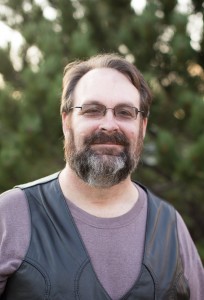


Bryan Thomas Schmidt is an author and editor of adult and children’s speculative fiction. His debut novel, The Worker Prince received Honorable Mention on Barnes & Noble Book Club’s Year’s Best Science Fiction Releases for 2011. His short stories have appeared in magazines, anthologies and online. His anthologies as editor include Shattered Shields with coeditor Jennifer Brozek for Baen, Mission Tomorrow: A New Century of Exploration, also for Baen, Space Battles: Full Throttle Space Tales #6, Beyond The Sun and Raygun Chronicles: Space Opera For a New Age. He hosts #sffwrtcht (Science Fiction & Fantasy Writer’s Chat) Wednesdays at 9 pm ET on Twitter as @SFFWRTCHT.
Website/Blog: www.bryanthomasschmidt.net
Twitter: @BryanThomasS
Facebook: https://www.facebook.com/bryanthomass?ref=hl
Goodreads: https://www.goodreads.com/author/show/3874125.Bryan_Thomas_Schmidt
WriteTip: 6 Things Any Writer Can Do To Make Science Fiction and Fantasy Better



1) Don’t Write the World as it is but As You Want It To Be. — It’s real easy to complain about the world not changing or wishing it were better. But one of the great advantages of speculative fiction is that writers can invent worlds and make them into what they want them to be. Take advantage of it. Don’t just imagine the pessimistic world in which you live. Imagine one that’s better. Write a world that models what you’d like our world’s future to be. It’s a great way to demonstrate possible viable changes in attitude, culture, etc. without preaching at people. It’s also often a lot more pleasant experience for yourself and readers. And it certainly would help avoid a lot of cliches and rehashing that so commonly occur.
2) Avoid Placing Female and Minority Characters Solely in Traditional Roles. — Just as the world can be whatever you want it to be in your imagination, so can people. NO housewives or Mexican gardeners. Instead, you can write of black women in power or gays in a majority, etc. You can invert the norms you see around you and imagine roles for people that might not exist yet. This is another way to demonstrate a viable future without preaching, and to promote positive change in the process.
3) If You Want Diversity, Write It. — Seriously. It’s very easy to write what you know. And sometimes that means falling back into writing about people like you. But the world is full of people who don’t look and act like you, and if you’re creating a world that can be even more so the case. So if you want to see it, make it so, as Captain Picard might say. If you can imagine it, you can write it, and what a great way to paint images that stimulate the imaginations of others by doing so.
4) Don’t Preach A Message, Show It In Action. — Yep, Show vs. Tell even applies to this. People hate being preached at. Sometimes, even if they agree with you. So instead of pounding them over the head with message fiction, just demonstrate the results of what you desire to see. Not just with the setting and characters, but the actions, dialogue and culture surrounding them. Model the future you’d like to see. Write it so it’s real for readers. Because chances are, if they couldn’t imagine it before, you can enable them to. And imagination is always a key step to real change in cultures and societies. That’s one reason the arts have always been so powerful.
5) Channel Your Passions. — There’s a lot of anger going on for many reasons in our world today. And the Science Fiction and Fantasy community is certainly no different. Channel your passion into great storytelling. Worry less about preaching or arguing with people and more about telling stories that will inspire them to change themselves and want to change the world. Sounds hard, I know, but the list of books that have influenced the world for the better is a long one. And I know more top selling authors who avoid politics and religion and instead bring out their ideas through good stories than I do who spend hours and hours arguing and angrily decrying those who don’t share their beliefs. Certainly there’s a time and place for that, but being nasty creates an ambiance, frankly, whether you’re wrong or right, and that can affect readership and publication. Readers want to read pleasant people. And publishers want to work with pleasant authors. I know you’re passionate. You’re an artist. You have to be. But just remember that the bigger the audience and outlet, the more people hear you, and it’s easier to be heard with great art than angry diatribes. By channeling your emotions into characters and story, you can add a vivid reality to your storytelling that will speak louder than you ever could alone, really affecting and connecting with reader’s hearts.
6) Be The Kind Of Citizen You Want Others To Be. — Okay, I admit, this one is inspired by my belief in “doing unto others,” a biblical notion. But it really does ring true. If you treat others with respect and kindness, most will return the same to you. If you want equality, treat others as equals. If you want respect, be respectful. If you want to see diversity, surround yourself purposefully with diverse people. Go where you can meet them, get to know them, interact and befriend them, and hang out. I could go on and on, but I won’t. I just know that some of my best friends and best teachers have been people I met in places an upper middle class white boy from Kansas would never expect to be. And those have stuck with me for a lifetime. It’s transforming to see the world through others’ eyes, but you can’t do it if you don’t take time to know others who aren’t like you and listen to them. Chances are, if you surround yourself with diversity, readers will be encouraged to do the same. It’ll also infuse your writing and worldbuilding for all the suggestions I made above. And you’ll be seen as someone who lives what they believe, not just someone who suggests it in words alone.
Well, there you have six suggestions, some easier than others, but all truly possible, for how you can make Science Fiction and Fantasy better. I hope some of you will try them. I have been and will continue to do so. I know there’s room for improvement, but I want to make change, not just talk about it. How about you?



Bryan Thomas Schmidt is an author and editor of adult and children’s speculative fiction. His debut novel, The Worker Prince (2011) received Honorable Mention on Barnes & Noble Book Club’s Year’s Best Science Fiction Releases for 2011. His short stories have appeared in magazines, anthologies and online. He edited the anthologies Space Battles: Full Throttle Space Tales #6 (2012), Beyond The Sun (2013), Raygun Chronicles: Space Opera For a New Age (2013) and coedited Shattered Shields (Bean, 2014) with Jennifer Brozek and is working on Monster Corp., A Red Day, Mission Tomorrow, andGaslamp Terrors, among others. He hosts #sffwrtcht (Science Fiction & Fantasy Writer’s Chat) Wednesdays at 9 pm ET on Twitter.

